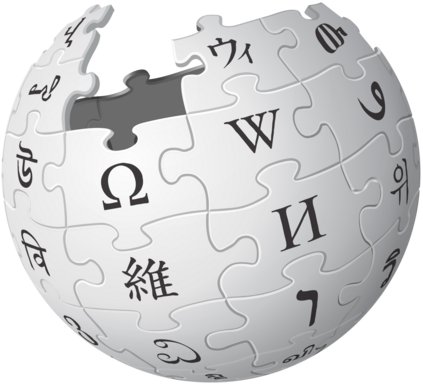Contemporary language models enable new opportunities for structured reasoning with text, such as the construction and evaluation of intuitive, proof-like textual entailment trees without relying on brittle formal logic. However, progress in this direction has been hampered by a long-standing lack of a clear protocol for determining what valid compositional entailment is. This absence causes noisy datasets and limited performance gains by modern neuro-symbolic engines. To address these problems, we formulate a consistent and theoretically grounded approach to annotating decompositional entailment datasets, and evaluate its impact on LLM-based textual inference. We find that our resulting dataset, RDTE (Recognizing Decompositional Textual Entailment), has a substantially higher internal consistency (+9%) than prior decompositional entailment datasets, suggesting that RDTE is a significant step forward in the long-standing problem of forming a clear protocol for discerning entailment. We also find that training an RDTE-oriented entailment classifier via knowledge distillation and employing it in a modern neuro-symbolic reasoning engine significantly improves results (both accuracy and proof quality) over other entailment classifier baselines, illustrating the practical benefit of this advance for textual inference.
翻译:暂无翻译







